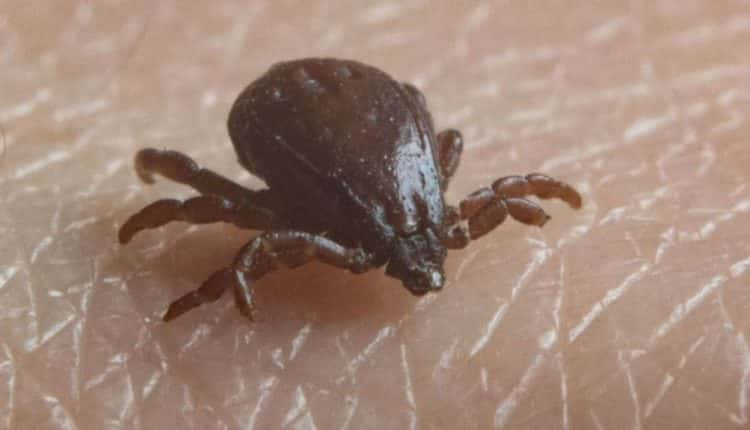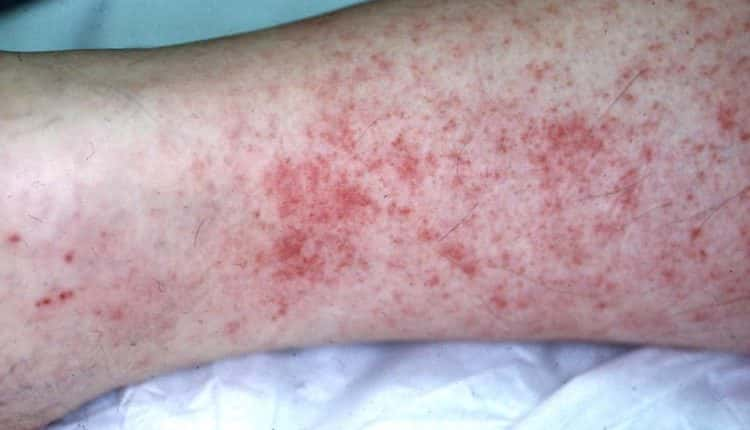
The Centers for Disease Control and Prevention (CDC) has issued a travel advisory cautioning individuals planning trips to the Baja California region of Mexico about the potential risk of Rocky Mountain spotted fever transmitted by ticks.
This warning follows the tragic death of an individual from San Diego who had recently visited Baja California and subsequently succumbed to the disease at San Diego County public health officials reported the fatality, marking the first death from the tick-borne illness in the region since 2014.
Baja California Prompt CDC Notice
Details surrounding the deceased individual remain scarce, with no additional information available. However, the CDC’s notice, posted online, indicates that they have received reports of Rocky Mountain spotted fever in travelers returning to the US from Baja California.
Despite these reports, the travel advisory does not recommend Americans avoid traveling to Mexico or reconsider their plans to visit the area.
Rocky Mountain spotted fever is primarily spread by the brown dog tick, prevalent in the southwestern US and Mexico, where it can be found throughout the year.
Dogs often serve as carriers of the infected ticks. Although various types of ticks exist nationwide, the brown dog tick is the culprit for this particular illness in the specified regions.
It is noteworthy that ticks, known carriers of various diseases, may remain active during winter due to rising global temperatures.
Apart from Rocky Mountain spotted fever, ticks can transmit other illnesses, including Lyme disease and alpha-gal syndrome, which induce an allergy to red meat.
Read more: Exhausted Nation: Chronic Fatigue Affects Millions Of Americans
Mexico Rocky Mountain Spotted Fever

Recognizing the symptoms of Rocky Mountain spotted fever is crucial for early intervention. These symptoms include high fever, severe headache, muscle pain, nausea or vomiting, swelling around the eyes or on the back of hands, and the appearance of small, flat, reddish spots on the arms and legs that may spread to the trunk.
The rash associated with the disease is not known to be itchy. Importantly, Rocky Mountain spotted fever is not transmitted from person to person.
Prompt treatment is essential, as the CDC warns that the disease can be fatal within five days after the tick bite unless treated with antibiotics.
In light of these developments, health officials in San Diego recommend taking preventive measures such as using insect repellent and conducting thorough tick checks, including on pets, following outdoor activities.
In the event of a tick bite accompanied by symptoms like rash or fever, individuals are urged to seek medical attention promptly. When consulting a doctor, it is essential to provide information about the tick bite, including when and where it occurred.
Staying vigilant and adopting preventive measures are crucial steps to mitigate the risks associated with tick-borne diseases in the Baja California region and beyond.
Read more: New Jersey Hospital Attack: Two Nurses And Resident Injured, One Arrested

